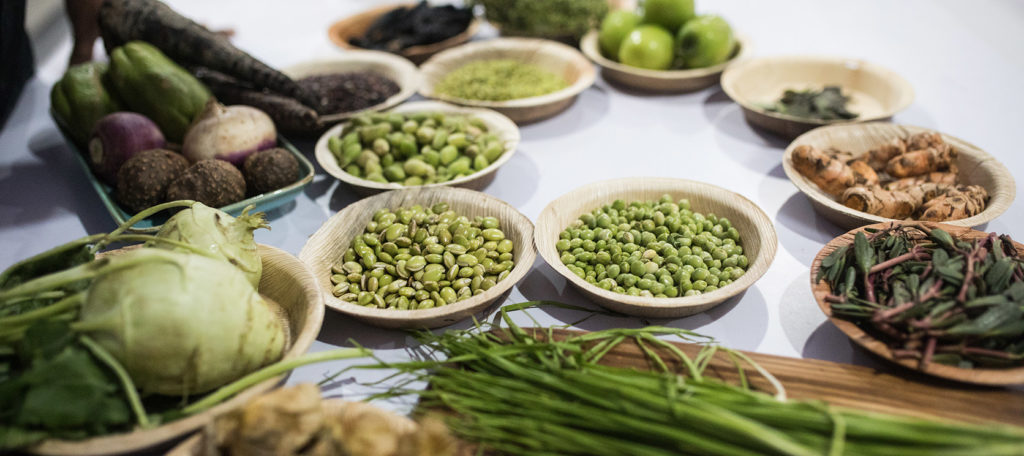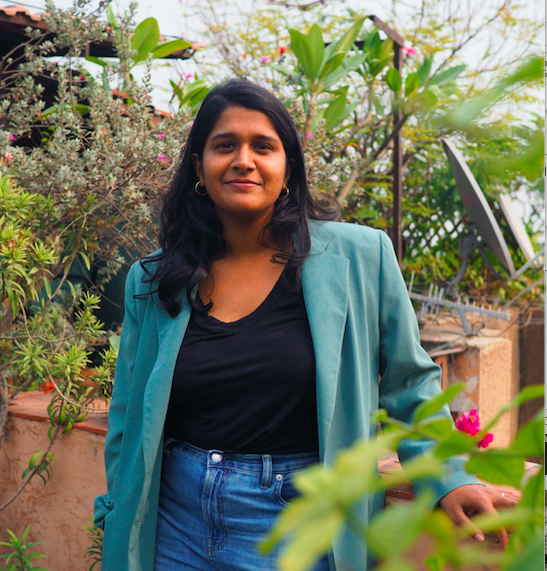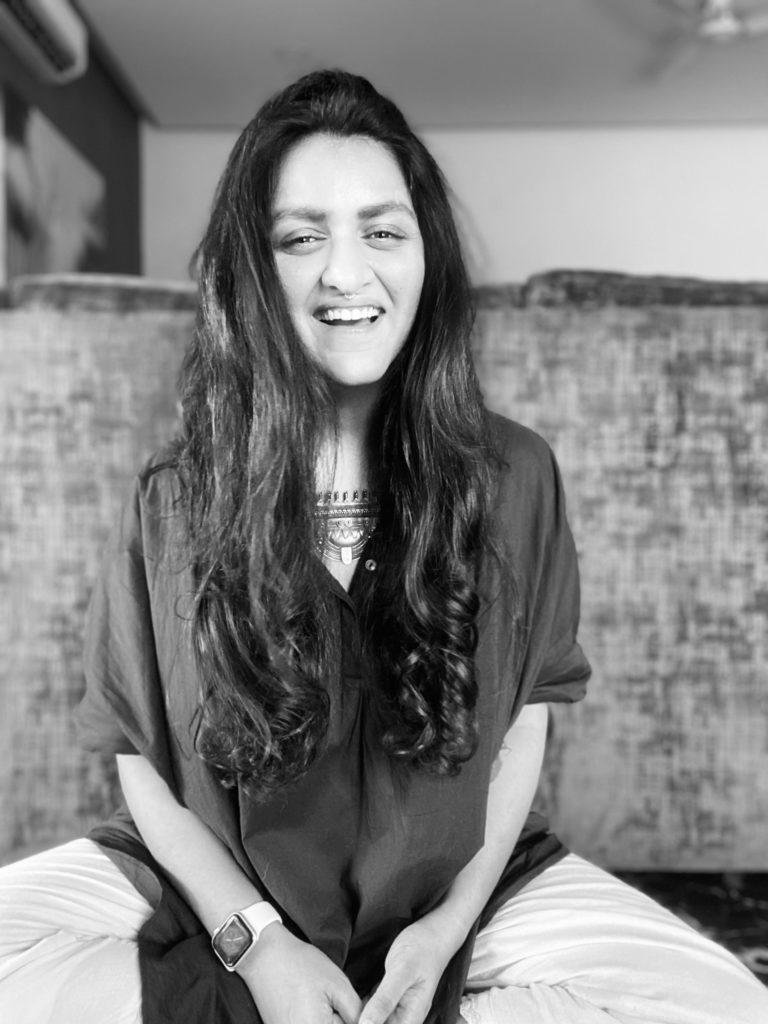Food Lab 2021
ABOUT

JURY



Residency Programmer

As a professionally trained chef and food researcher, Elizabeth Yorke looks for opportunities to use her culinary skills and knowledge in sustainable food systems to create better educational experiences for both consumers and creators of food via the circular economy. She is also the co-founder of Edible Issues, a collective that fosters thought and conversation on the Indian food system.
Read Elizabeth’s essay on the Food Lab residency here
RESIDENTS

Sharanya Deepak – Birds of Hunger Flock Nowhere
Sharanya Deepak is a writer and editor from New Delhi, India. She writes about food, language, and the commodification of culture, and is currently working towards a book of essays. Read more of her work on her website: https://www.sharanyadeepak.com/
Sharanya’s project ventures into food histories and reflects on the resourcefulness of people who have faced natural and man-made famines, employing ingenuity to source alternative food items. Her proposal aims to study each of these events as a part of food-history, think of their relevance in the present-day, and approach the concept of hunger in a sensitive and reflective way, focussing on the agency and intelligence of those affected that rendered survival against all odds.
“I want to free the idea of food from taste-centred gastronomy, and in the same, throw light on foods that fed hunger in a way that is not patronising, that is, I don’t wish to call them “humble”, or “minimal” but situate them in a context and attribute to them the value and worth they deserve.”

Tansha Vohra – The Boochi Project: Entomophagy in India
Tansha Vohra spends her time scribbling through cookbooks, growing food in tiny spaces and writing. Her work has appeared in The Goya Journal, Mold Magazine, and Paper Planes. She views the world through the lens of food, and is interested in creating resilient and regenerative solutions to the daily conundrum of feeding ourselves. She has just foraged four weaver ant nests and is recipe testing for a fermented ant chutney. The Boochi Project by Tansha Vohra
During the Serendipity Art Foundation’s Food Lab, Tansha hopes to explore Entomophagy or the practice of insect eating in India. She believes that a curiosity driven approach to food with sustainability at its core is the need of the hour.
“The Boochi project is meant to be an open invitation to anyone who wishes to taste what the future might look like. This is an opportunity to change the narrative of insect eating as a practice born from scarcity or one steeped in stigma and shame, to one that views it from the lens of preserving food culture and as a future food game changer.”


